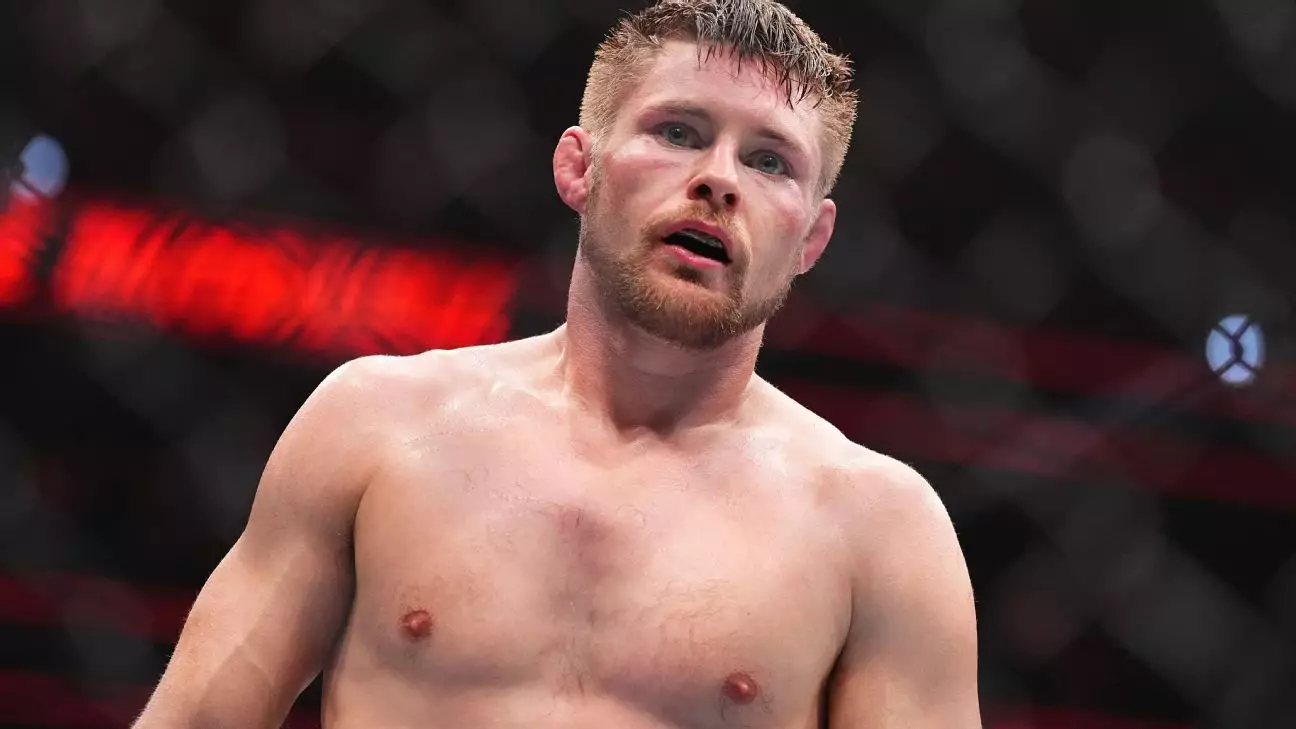In a recent episode of his podcast, UFC fighter Bryce Mitchell made headlines for expressing deeply troubling views that have sparked widespread outrage. He controversially defended Adolf Hitler and denied the Holocaust, while also attacking both the LGBTQ+ and Jewish communities. This reckless commentary highlights not only personal ignorance but also a broader societal issue regarding the platform that social media provides to such extremist beliefs.
Mitchell’s statements came during the inaugural episode of his „ArkanSanity Podcast,“ where he shockingly labeled Hitler a „good guy“ who „fought for his country.“ His remarks struck a nerve and prompted dire reactions, underscoring the responsibility public figures have in shaping discourse. The juxtaposition of a sports athlete espousing such hateful views and the expectations placed on them to serve as role models raises important questions about accountability in public life.
Dana White’s Strong Denunciation
In an immediate reaction, Dana White, president of the UFC, vehemently criticized Mitchell’s statements, calling them „beyond disgusting.“ He cited the historical atrocities tied to Hitler, emphasizing the enormity of the Holocaust and the implications of downplaying it. White’s condemnation of Mitchell’s comments underscores a pivotal theme: the need to confront hate speech head-on, especially in platforms frequented by millions.
While White’s remarks resonate with an ethical and moral ground, they also highlight a vital dichotomy within the realm of free speech. White pointed out that the internet allows „dumb and ignorant people“ to proliferate their views, which raises concerns regarding the potential normalization of hate speech in broader society. It’s one thing to defend free speech, but when it devolves into hate-filled rhetoric, the line becomes murky.
Implications for the UFC and Society
Interestingly, when posed with the question about appropriate disciplinary measures for Mitchell, White dismissed the idea, arguing it fell under free speech protections. This response reverberates throughout the UFC community and the sports world at large, prompting a necessary dialogue about the balance between protecting free expression and preventing the spread of harmful ideologies. As sports figures increasingly wield social influence, their power comes with an obligation to bear responsibility for their public statements.
The fallout from Mitchell’s comments may have broader implications for the UFC, which has faced its share of scrutiny regarding inclusivity in recent years. By not taking action against Mitchell, the UFC risks alienating fans and communities that feel targeted by such rhetoric. This stance could potentially impact its reputation, calling into question the values the organization espouses and how it aligns them with its business practices.
Bryce Mitchell’s incendiary remarks and Dana White’s subsequent response exemplify a critical moment for both individuals and institutions in confronting hate speech. As society grapples with issues of free speech versus hate speech, the responsibility falls not only on the speakers themselves but also on the platforms that allow their voices to echo. It is imperative that as we strive for inclusivity and understanding, we also draw clear lines against the promotion of hateful ideologies. The UFC, as a leading global sports brand, holds a significant stake in the messaging it allows to flourish within its ranks, making this a conversation that is far from finished.


Napsat komentář